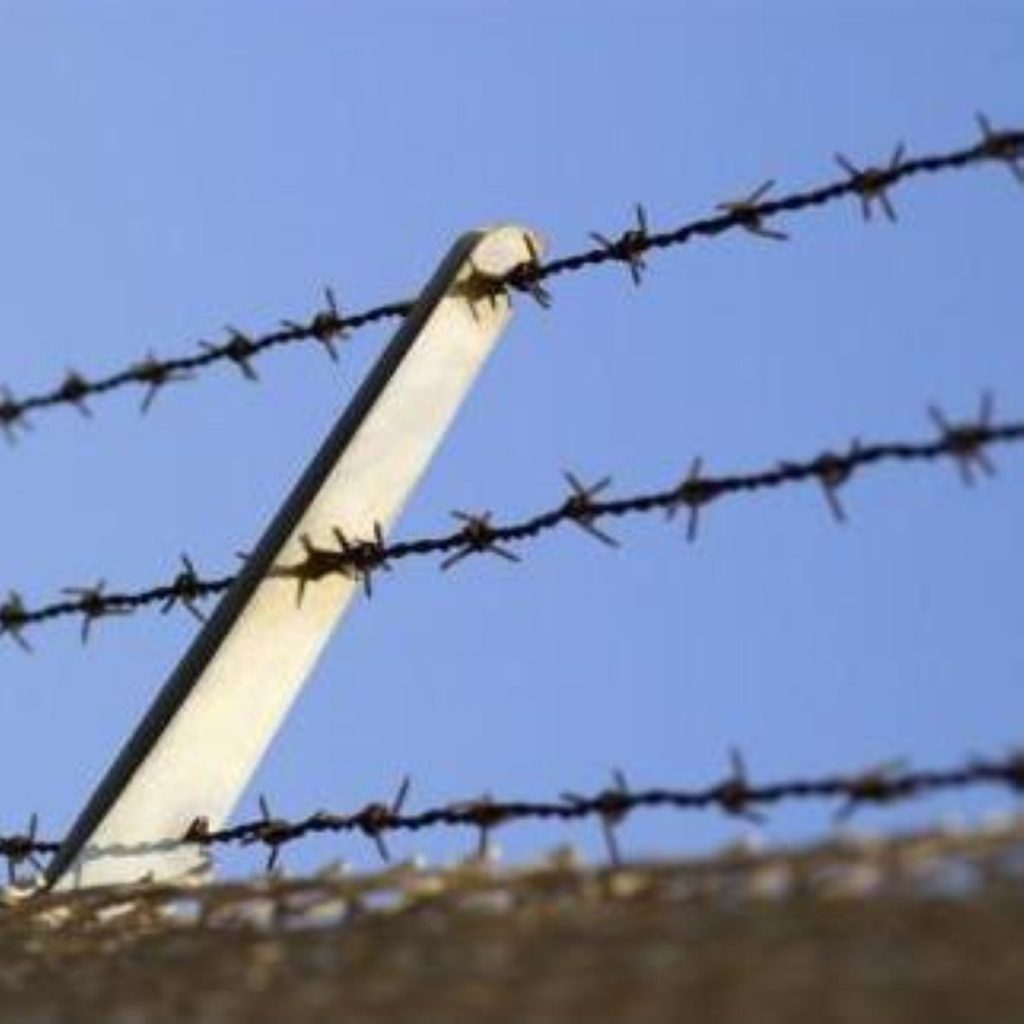Prisoners compensated over ‘cold turkey’ treatment
The Home Office has “reluctantly” agreed to compensate six prisoners who claim they were forced off their drug addictions by going ‘cold turkey’.
The group, who took heroin and other opiates and were believed to have been receiving some kind of treatment before being sent to jail, said the process violated their human rights and amounted to assault.
Going ‘cold turkey’ involves cutting short or withdrawing altogether an addict’s drugs or drug treatment, such as methadone, which is used to wean people off heroin. The group claimed they did not consent to this treatment.
It is unclear how much they have been compensated, but a Home Office spokeswoman confirmed today that an out of court settlement had been reached.


“These cases concern action against medical practice in prison which dates back to the early 1990s. It was decided, however reluctantly, to settle these cases outside of court in order to minimise costs to the taxpayer,” she said.
However, speaking before confirmation of the settlement, shadow home secretary David Davis said any deal would set a “disastrous” precedent.
“Presumably the government does not want to be embarrassed by losing such a case under its own human rights legislation,” he said.
“Drugs are a scourge on society and completely undermine all our other efforts to fight crime. This would be a massive failure of political nerve by [home secretary John] Reid and a massive failure in his core duty to protect the public.”
Prison reform campaigners have called for greater investment in drug treatment programmes in jails, and today’s announcement comes as a report from charity DrugScope warns NHS deficits have led to a reduction in funding for such schemes.
It claims that in 2005, the government pledged £28 million to the integrated drug treatment system (IDTS), intended to improve the quality of clinical drug treatment services in prison, for the year 2006-07 and £40 million for 2007-08.
But it warns the IDTS budget has been slashed by 60 per cent this year and DrugScope chief executive Martin Barnes said the cuts “jeopardise the future of effective prison drug treatment at a time when Home Office figures show reoffending rates are on the rise”.
However, a spokesman for the Department of Health (DoH) denied any cuts in funding and said there was help for inmates to tackle their addictions.
“The commitment to fund this programme for both this financial year and the next has in no way been affected by reforms within the NHS,” he said.

